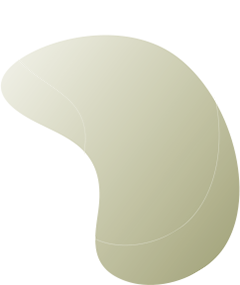Our Services
Food safety auditing
There are different requirements throughout Australia regarding food safety audits. Most states require licensed food businesses to implement a food safety program and have a food safety audit conducted to ensure compliance with the program.
New South Wales
In NSW licensed food businesses are required to have regular audits to demonstrate compliance with their food safety plan and any other requirements of the relevant food safety scheme set out in the Food Regulation.
Food businesses with a suitable audit and compliance history from the NSW Food Authority may choose to use a regulatory food safety auditor.
Safe Food Australia have third-party auditors approved by the Food Authority to conduct audits in the following areas;
- Facilities licensed to provide food to vulnerable persons (Aged care and hospitals)
- Cold food storage
- Dairy primary production
- Plant products
- Seafood processing
Facilities wishing to implement a Regulatory Food Safety Auditor System must meet the following conditions of approval;
- Have a satisfactory compliance history
- Have received either an A or B rating from its most recent audit
- Operate in an industry approved by the Food Authority to move to this system
- Operate at a risk level that has been approved by the Food Authority to move to this system
- Have no outstanding enforcement action against it. If you are interested in moving into the third-party audit system, we can assist you with the relevant information to make the move as smooth as possible.
Click on the following link to access the application to implement a regulatory food safety audit system.
http://www.foodauthority.nsw.gov.au/_Documents/industry/TPA006.pdf
One of the many benefits of moving across to the third-party audit system includes consistency in audits, especially if you have multiple sites.
Queensland
In QLD local governments are responsible for licensing food businesses within their areas.
The following licensable food businesses are required to have an accredited food safety program if:
- The food business involves off-site catering
- The primary activity of the food business is on-site catering at the premises stated in the licence
- The primary activity of the food business is on-site catering at part of the premises stated in the licence to cater to 200 or more people on 12 or more occasions in any 12-month period
- The food business is carried on as part of the operations of a private hospital or otherwise processes or serves potentially hazardous food to six (6) or more vulnerable people (Aged Care, childcare and hospitals)
Once your food safety program has been accredited by either your local government or an accredited Third-Party auditor you will need to comply with the processes outlined in the program and:
- Keep a copy of the accredited food safety program at the premises of the food business. This should be kept available for inspection by employees in the food business (either hard copy or the electronic form)
- Organise your first compliance audit within six (6) months of the food safety program being accredited. The audit must be conducted by an auditor approved under the Act
- Organise regular audits at the frequency specified by the local government that accredited the food safety program or within your local area
Contact us if you require information on.
- Developing a food safety program
- Accrediting your food safety program
- Auditing your food safety system
Victoria
In VIC class 1 and 2 premises that have independent food safety programs are required to be audited at declared intervals by a department-approved food safety auditor who is certified as competent to conduct audits.
All class 1 facilities such as childcare centres, aged care facilities, hospitals must have an independent food safety program and must be audited annually.
Class 2 businesses that choose to develop their own independent food safety program must also be audited annually or use the VIC health template.
Safe Food Australia has auditors that are accredited to conduct audits for the above- mentioned businesses, we can also develop food safety programs, please contact us to discuss your requirements.
Other states
We can provide training and internal audits in these states where the regulator conducts audits, to assist with compliance and the requirements of your food safety plan.
What to expect during an audit?
An opening meeting is conducted at the beginning of the audit with key personnel in attendance. During this meeting we will address any corrective actions raised during the previous audit, ascertain the type of processes conducted on site, review changes to products or processes and other relevant information.
The food safety plan must be available and on site, the licence of the business current and correct for the type of business.
The food safety plan, monitoring records and support programs such as pest control, staff training, maintenance, waste, allergen management and labelling will be reviewed followed by a site inspection and observation of processing.
At the completion of the audit an exit meeting would be conducted with key personnel and include the audit summary and result, corrective actions and close out times.

Our Services
Food safety audits
We offer food safety audits to a variety of businesses including aged care facilities, private hospitals, cold storage facilities, dairy farms, seafood processors, and plant product industries. Refer to our Regulatory audits section of the website for further information or contact us directly to discuss your requirements.

Be at the forefront of innovation
Capitalizing on the real-world experience

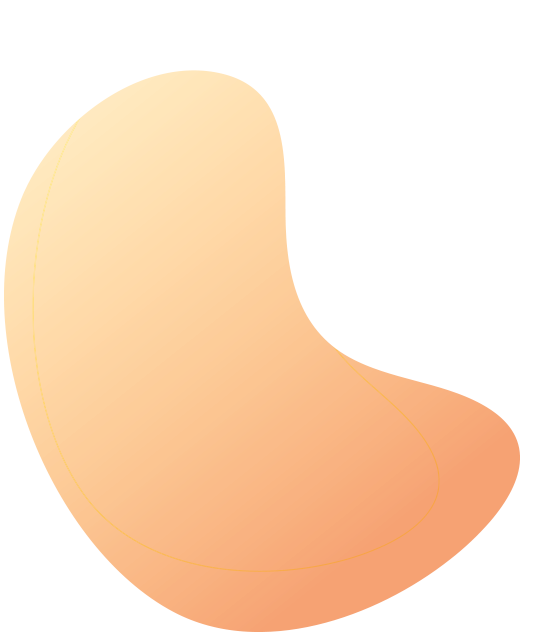
Steps of Recruitment Process
Identify the HR Reqirement
Identify possible sources of HR Supply
Communicating the Information
Receiving Application

The operational processes of a business are what drives the business itself

Pick a plan that fits your needs
- Functional Strategy
- Strategy & Operations
- Corporate Strategy
- Organisational Strategy
- Business Model Transformation
- Functional Strategy
- Digital Strategy
- Corporate Strategy
- Organisational Strategy
- Business Model Transformation
- Company & Business Setuo
- Investment Management
- Acquisition Consulting
- Company Management
- Private Placement Consulting

FeedSafe
The Stock Feed Manufacturers’ Council of Australia operates FeedSafe® as the quality assurance accreditation program for the Australian stockfeed industry. FeedSafe® is aimed at increasing the commitment of the Australian stock feed industry to quality assurance and risk mitigation in the manufacture and use of animal feeds and has recognised the need for a broader industry approach to feed and food safety.
To obtain FeedSafe® accreditation, feed manufacturers are required to undergo annual site audits conducted by independent third-party food safety auditors.
The FeedSafe® audit checklist is utilised by auditors and feed mills to assess compliance concerning:
- Premises and mill buildings
- Personnel training and qualifications
- Plant and equipment
- Raw material sourcing and purchasing
- Raw material quality and storage
- Feed formulation and manufacturing
- Product labelling
- Loading, transport and delivery to clients
- Product inspection, sampling and testing
- Customer complaint investigation
Safe Food Australia is accredited to conduct FeedSafe® audits throughout Australia please contact us to discuss your requirements.
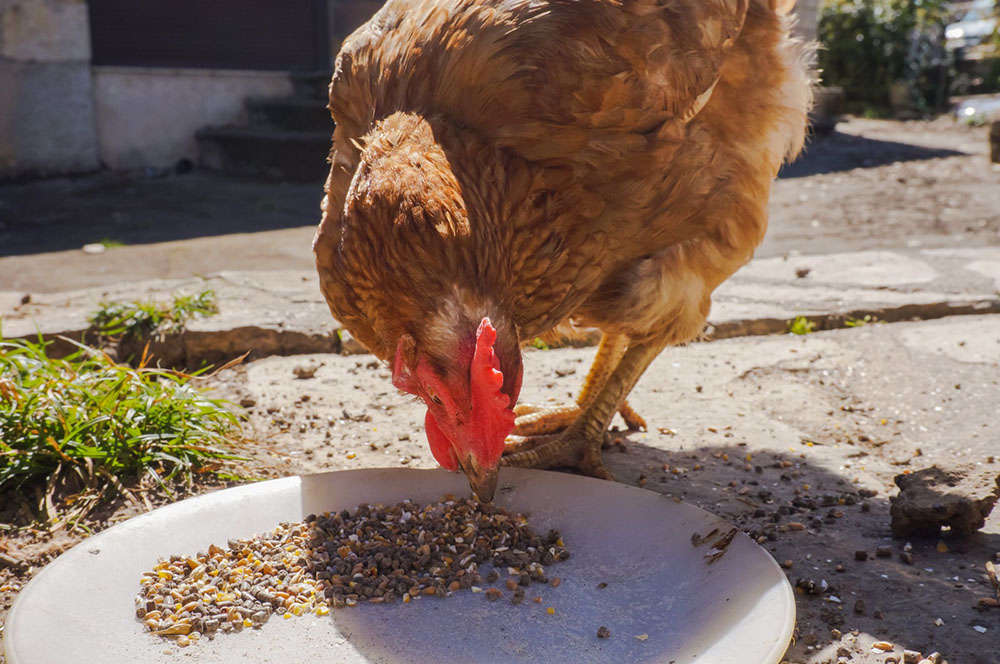

FeedSafe
The Stock Feed Manufacturers’ Council of Australia operates FeedSafe® as the quality assurance accreditation program for the Australian stockfeed industry. FeedSafe® is aimed at increasing the commitment of the Australian stock feed industry to quality assurance and risk mitigation in the manufacture and use of animal feeds and has recognised the need for a broader industry approach to feed and food safety.
To obtain FeedSafe® accreditation, feed manufacturers are required to undergo annual site audits conducted by independent third-party food safety auditors.
The FeedSafe® audit checklist is utilised by auditors and feed mills to assess compliance concerning:
- Premises and mill buildings
- Personnel training and qualifications
- Plant and equipment
- Raw material sourcing and purchasing
- Raw material quality and storage
- Feed formulation and manufacturing
- Product labelling
- Loading, transport and delivery to clients
- Product inspection, sampling and testing
- Customer complaint investigation
Safe Food Australia is accredited to conduct FeedSafe® audits throughout Australia please contact us to discuss your requirements.
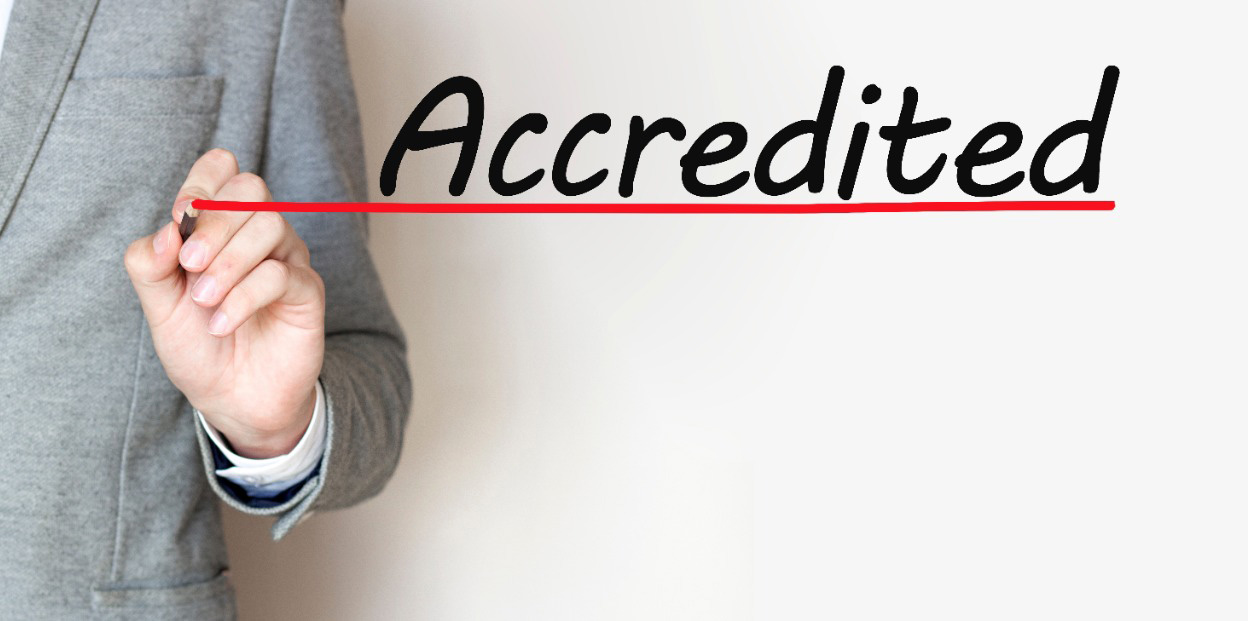
Accreditation of food safety programs, QLD
A food safety program is a document that identified hazards associated with the processing of food in a food business and how these hazards will be controlled.
Once you have developed your food safety program, it should then be assessed by a third-party auditor to ensure that all food safety hazards in the handling of food in a food business have been identified and sufficient control measures have been implemented. The plan should also include monitoring documentation and pre-requisite programs to support the system.
Prior to the accreditation of a food safety program by your local council, you will need to provide written advice by an accredited auditor approved under the Food Act 2006, that the food safety program complies with the requirements of Section 98 of the Food Act 2006.
Please contact use to organise for this to be conducted
Developing food safety programs
Certain food businesses have to develop and implement a documented food safety program. Each state and Territory in Australia have different requirements in regard to food safety plans.
Safe Food Australia can work with you to develop a plan for your food business that will assist in controlling the risks and facilitate compliance.
We specialize in developing food safety programs for caterers, child care facilities, aged care homes, and small food manufacturers.
Please contact us to discuss your requirements here.

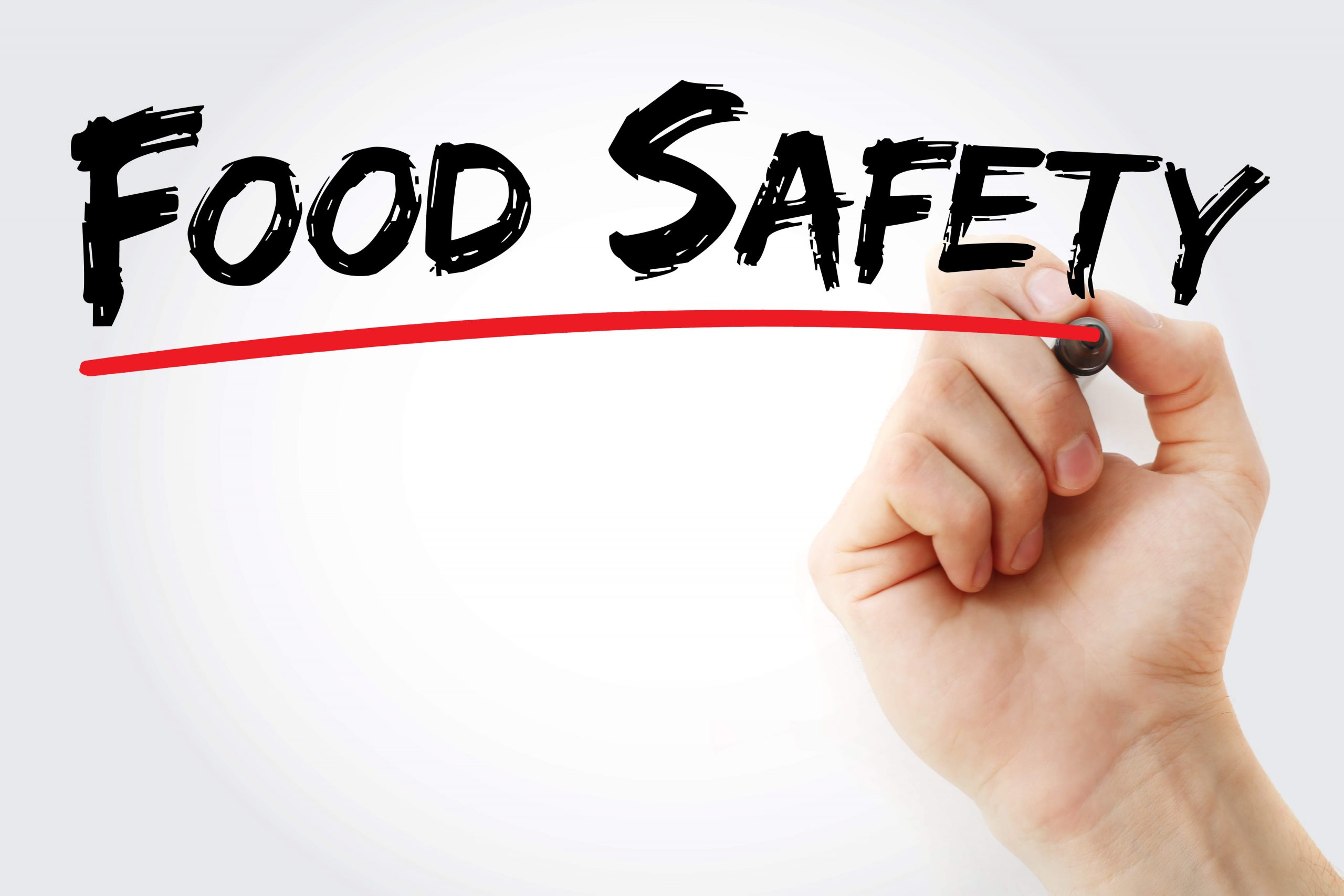
Food safety training
To demonstrate compliance with the Food Safety Standards a food business must ensure that persons handling or supervising food handling operations have the appropriate skills and knowledge in food safety and food hygiene.
We can deliver cost-effective on-site food safety refresher training focusing on the site-specific and compliance requirements for your business.
A typical course will cover:
- Recent food poisoning or contamination issues
- Food safety hazards
- Legislation
- Requirements for food handlers
- Pathogenic bacteria
- Controlling bacterial growth
- Potentially hazardous food
- Personal hygiene
- Reporting health issues
- Environmental hygiene
- Cleaning and sanitising
- Allergen management
- Labelling
We can design the content to suit your specific industry, our training includes a PowerPoint presentation, relevant handouts with a short quiz to reinforce learning. A certificate of attendance will be issued.






